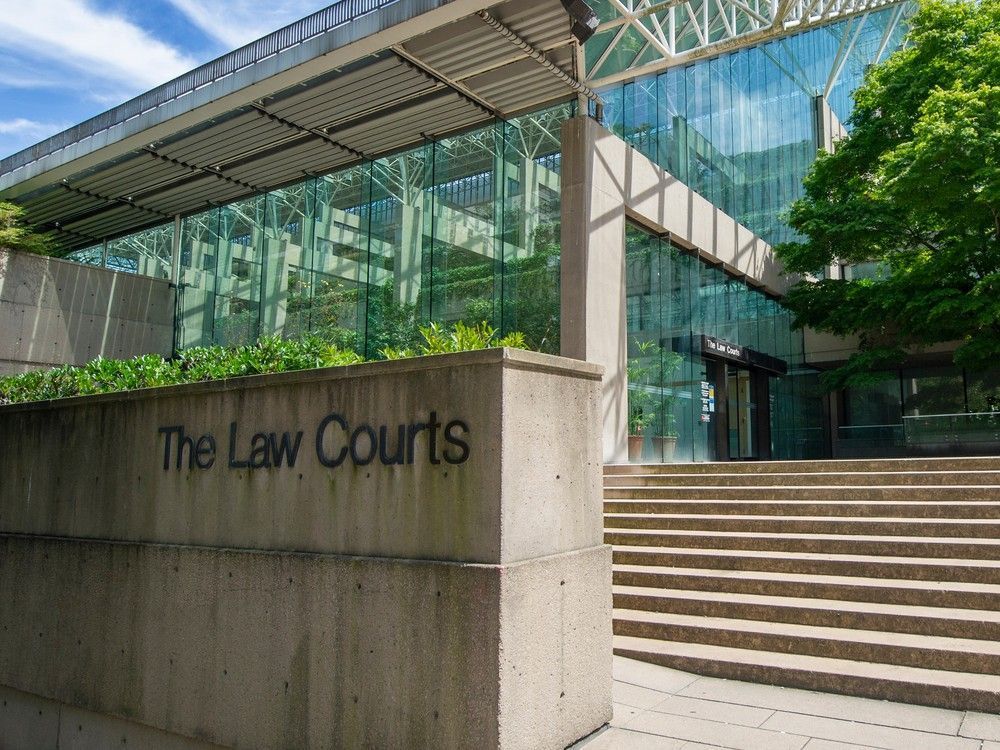
A B.C. Supreme Court judge has overruled a Residential Tenancy Branch (RTB) decision that would have forced a 73-year-old woman and her partner, who has Stage 4 cancer, out of their apartment.
In a recent ruling, Justice Sandra Sukstorf said the RTB arbitrator failed to test the landlord’s claims, overlooked conflicting evidence, relied on untested affidavits, and did not check whether the landlord had the right permits or consider other options besides eviction for the couple.
“These combined errors make the decisions patently unreasonable,” Sukstorf wrote.
Janet Fraser and her partner Jerry have lived in their building for more than 20 years, paying $780 a month. When the building sold in June 2023, the new landlord moved quickly to end their tenancy, saying the unit was needed for demolition or conversion. That fall, Fraser got her first eviction notice.
She said she immediately believed the landlord wasn’t acting in good faith. In sworn evidence, she recalled offering to pay more rent, but was told the unit could fetch $1,500 to $2,000 more. The notice was later cancelled due to a misspelling of the landlord’s name.
In January 2024, a water leak left a large hole in her ceiling, covered only by a tarp. Weeks later, she got a second eviction notice, this time claiming the unit was needed for a live-in caretaker for the building, although the landlord described the role as just “painting and cleanup.”
Fraser fought the notice at the RTB but lost. In June 2024, the tribunal ruled in the landlord’s favour and ordered her out. She appealed, but that August the same arbitrator upheld the eviction, giving her until the end of September to move.
Fraser then took her case to the Supreme Court.
Fraser argued the notice was a cover to push out long-time tenants paying below-market rent. She said both the property manager and the renovation company told her she would need to vacate for at least three months to allow proper repairs.
She also presented evidence of three eviction notices from the same building, issued just months earlier. All cited “family use” — a reason numbered companies aren’t legally allowed to use.
Fraser further challenged the landlord’s claim that her unit was needed for a caretaker, testifying that other vacant suites could have been used instead.
The landlord countered that only Fraser’s apartment was suitable because of its location and access. They admitted other units were damaged but not being repaired. They also said Fraser had multiple chances to present her case, including written submissions and that any delays were her own doing.
She argued the RTB decisions didn’t properly consider other units, accepted the landlord’s evidence at face value despite contradictions and didn’t give her enough time to make her case. She also said delays in filing were due to her medical condition, lack of legal help and efforts to work through the RTB process first.
“While these notices were not directly at issue in this proceeding, they were significant because they suggested a broader pattern of questionable eviction practices aimed at removing tenants paying below-market rent,” Sukstorf wrote.
“The arbitrator ought to have considered this evidence in assessing the landlord’s credibility.”
Fraser remains in her apartment. The court noted that the landlord had not tried to enforce the eviction while the legal battle continued.
The case will return to the RTB for reconsideration by another decision maker.